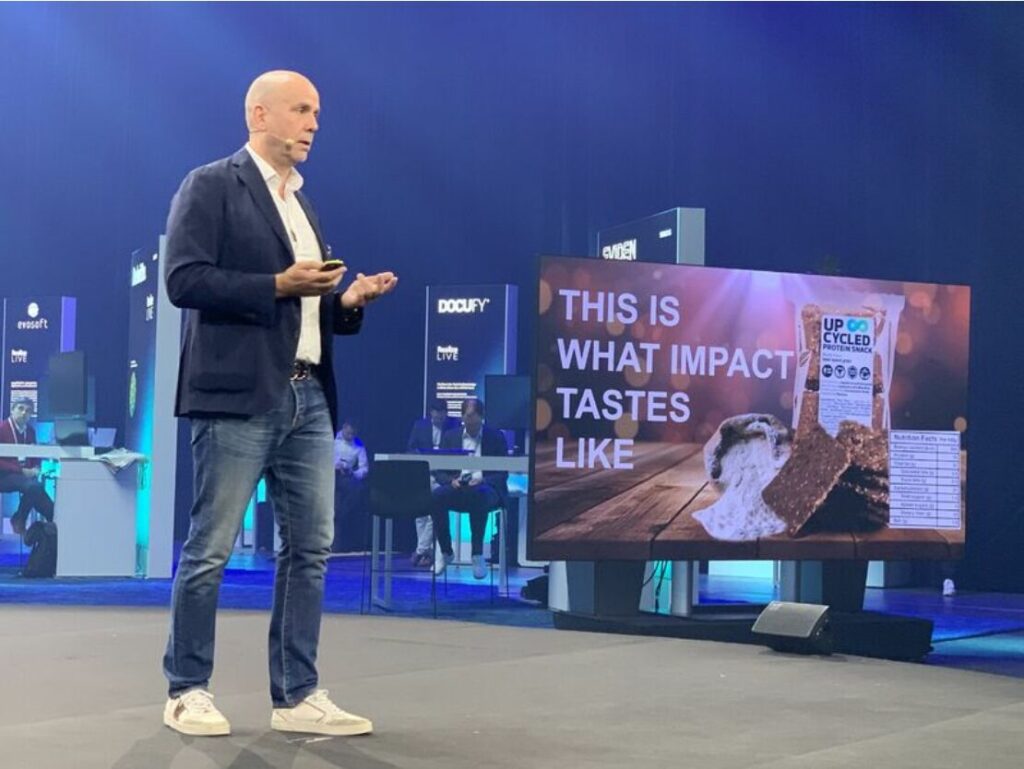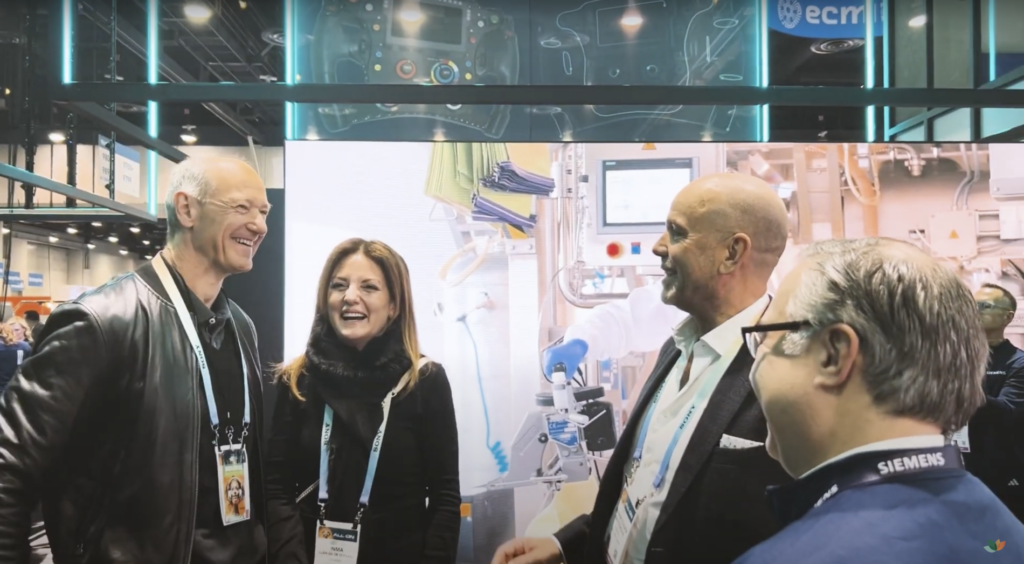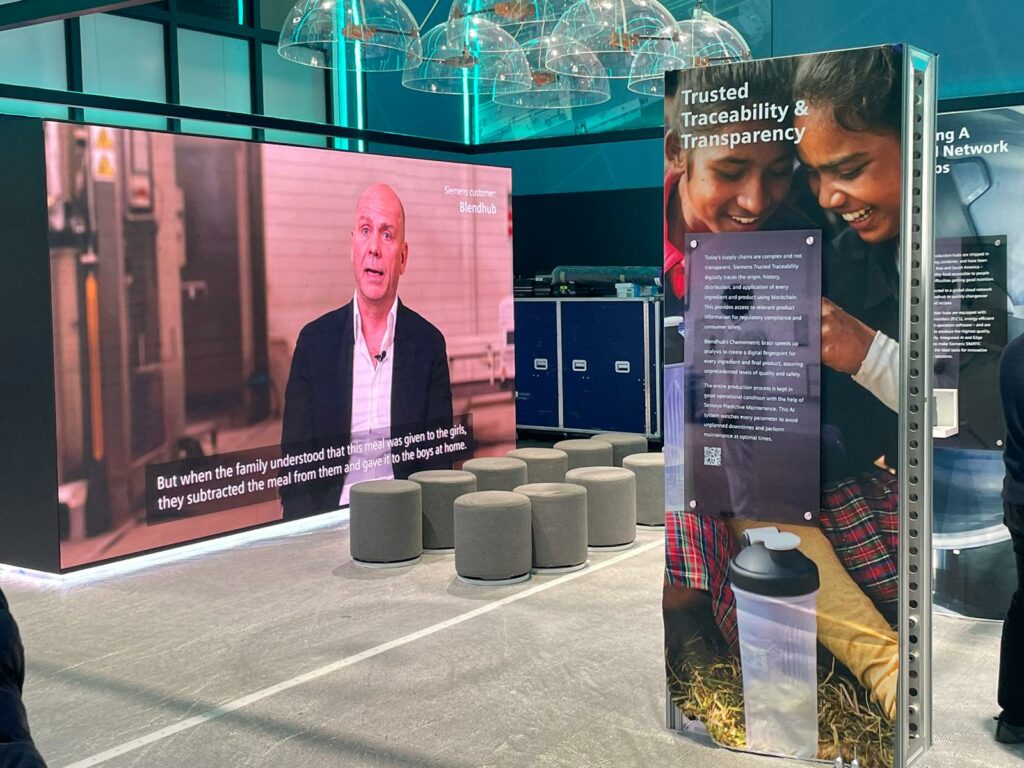Multi-localization is a unique tool for taking global food supply chains local and Blendhub is accelerating talks with exponentially minded business and financial partners about bringing our replicable network and delivery platform to your region, country or community with the objective to launch food and nutritional products to industry and final consumers faster, safer and cheaper than ever before creating sustainable food and increased value for local people and communities.
This post was originally published on Henrik Stamn Kristensen’s LinkedIn profile. Follow Henrik to be the first to hear from him.



